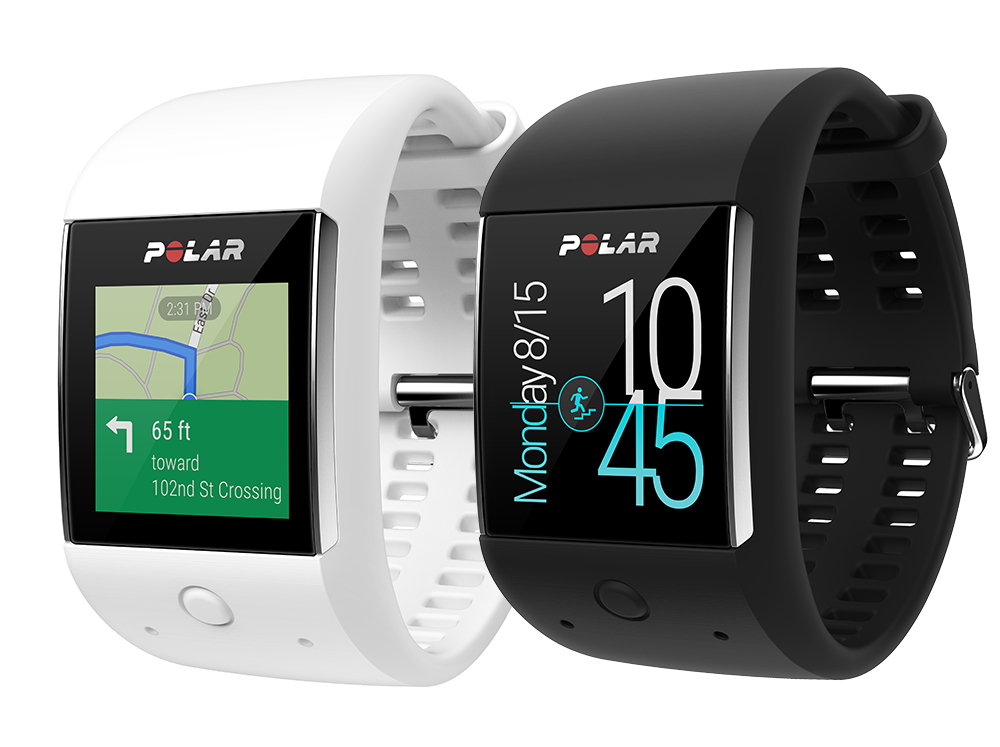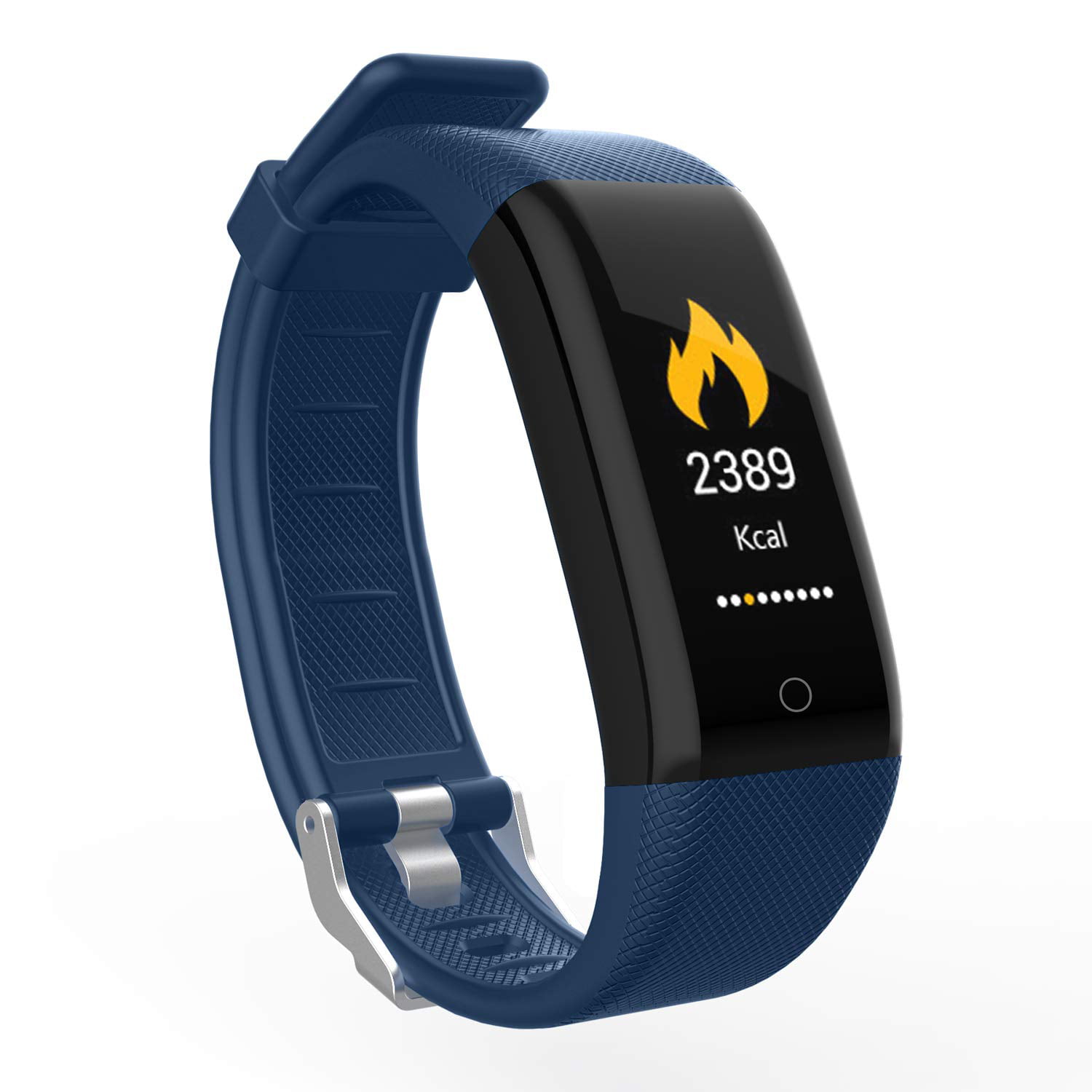

The Apple Watch achieved the lowest error when measuring heart rate: 2.0% (1.2%-2.8%).Of the seven fitness trackers, the Apple Watch performed best whilst the Samsung Gear S2 had the largest errors when measuring heart rate and calories burned. Overall, the researchers found that most fitness trackers were able to measure heart rate fairly accurately, but poorly estimated the number of calories burned. The percent of error in relation to the clinical devices was then calculated.
Heart rate from the fitness trackers was compared with data obtained from the ECG and the number of calories burned was compared with the data from the indirect calorimetry. The data from the fitness trackers was analysed against data from these clinically approved instruments. It was used here as a gold standard for measuring calories burned. Indirect calorimetry is a laboratory technique for measuring fitness in which the maximum oxygen intake while breathing on the treadmill or bicycle ergometer is measured and a standard formula is used to estimate energy expended. They were simultaneously monitored using clinically approved instruments: electrocardiograms (ECG) and continuous clinical grade indirect calorimetry. The individuals wore the fitness trackers while sitting, walking, running and cycling.
CALORIE TRACKER WATCH SKIN
Participants were selected to represent a diverse range of age, height, weight, skin tone and fitness level.
CALORIE TRACKER WATCH FREE
The article is available on an open access basis, which means it's free to read online. The study was published in the peer-reviewed Journal of Personalized Medicine. No external sources of funding were reported. The study was carried out by researchers from Stanford University in the US and the Swedish School of Sport and Health Sciences in Stockholm.

Read more advice about meeting your weight-loss goals. The results showed that, out of all seven devices, the Apple Watch had the lowest error in measurements whereas the Samsung Gear S2 had the highest level of error in terms of heart rate measurement and the PulseOn in terms of calorie burning measurement.įor now, fitness trackers remain useful for individuals to have an idea of how many calories they may have burned over a day but it should be kept in mind that these devices are not always 100% accurate, as shown by this study.Īnd if you are trying to lose weight, focusing on an overall weekly goal for exercise and activity may be a better approach than trying to measure every single calorie burning exercise from one day to the next. The researchers found that although fitness trackers are generally reliable in their ability to measure heart rate, they perform poorly when measuring the number of calories burned.

The data from the fitness trackers was compared against the data obtained by the clinically-approved devices to calculate any errors in the measurements. Seven fitness trackers were tested, including the Apple Watch, Fitbit Surge and the Samsung Gear S2. Researchers recruited 60 participants to take part in a range of exercises while having their heart rate and number of calories burned measured by fitness trackers, as well as by clinically-approved medical devices used in a clinical setting. An independent analysis of a number of leading brands found they were all prone to inaccurate recording of energy expenditure. "Fitness trackers out of step when measuring calories, research shows," The Guardian reports.


 0 kommentar(er)
0 kommentar(er)
